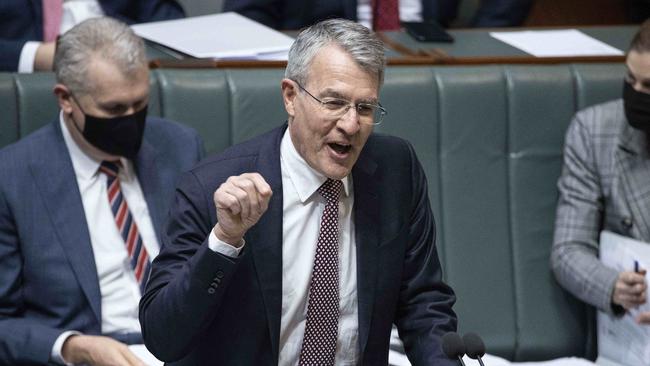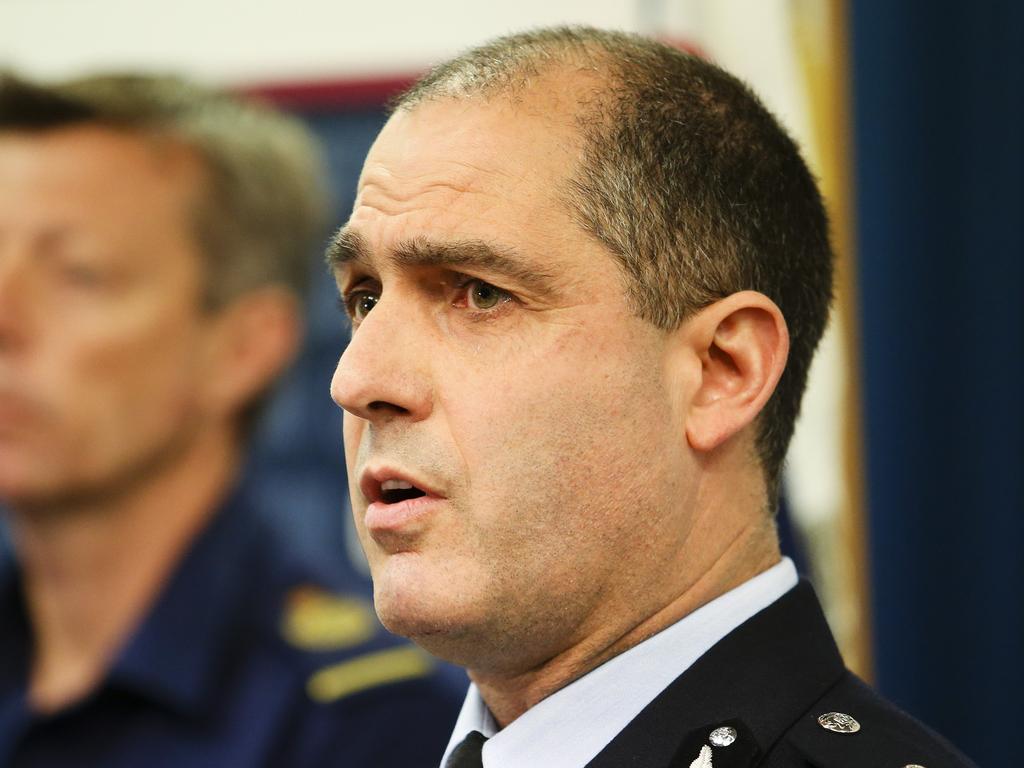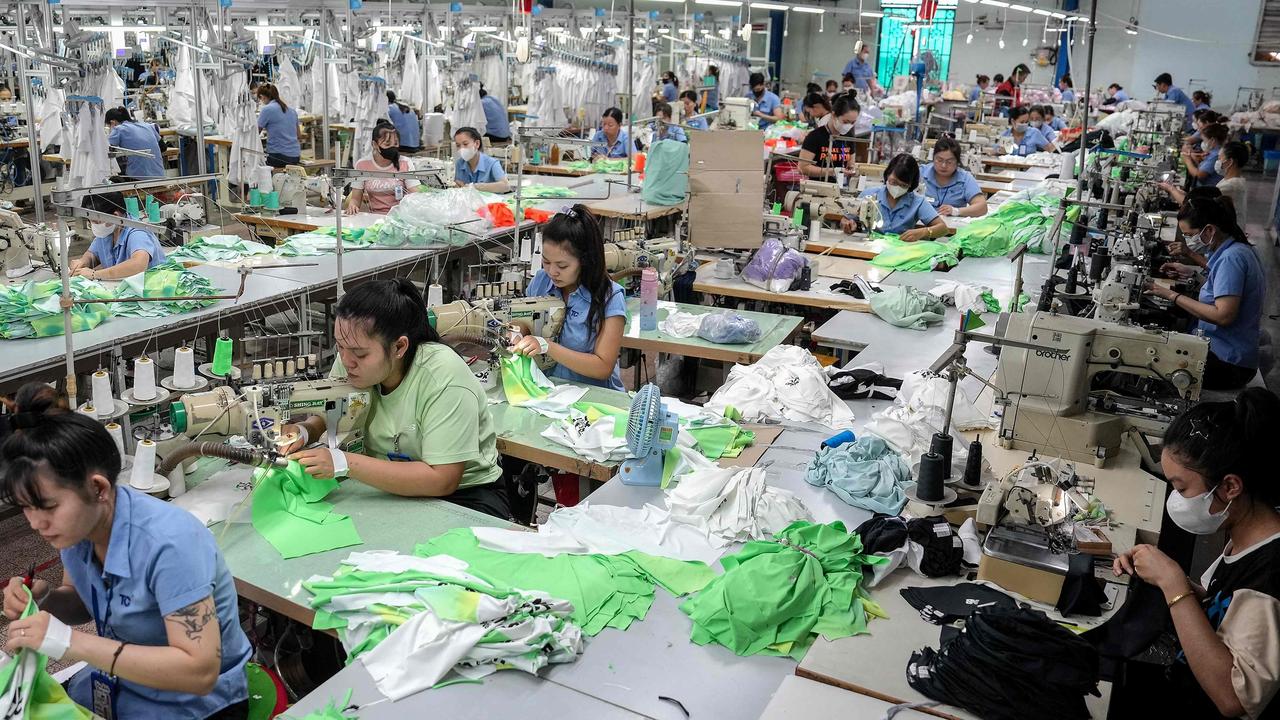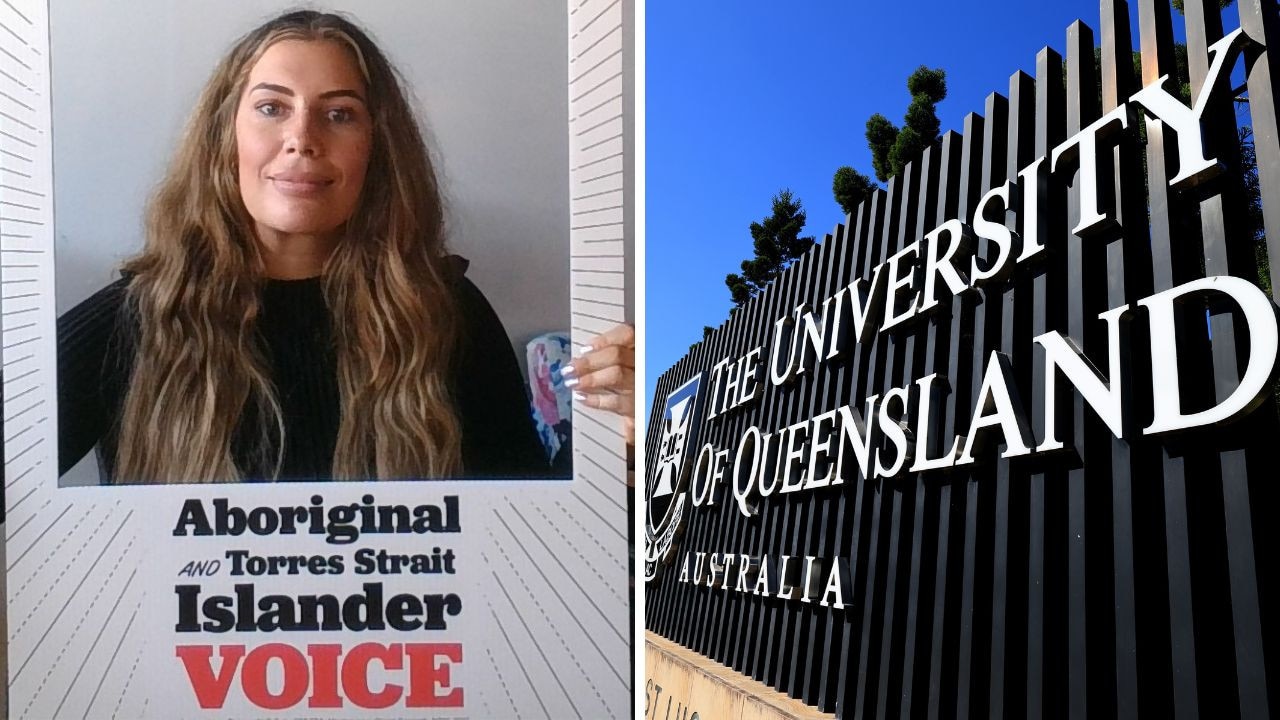South Australia’s corruption body experience a warning for integrity bill

The federal government is soon to introduce a bill for a national corruption commission. Based on many years of combined experience as barristers in dealing with corruption commissions in various jurisdictions, we believe great caution should be taken before creating such a body.
If the parliament is going to legislate for such a body, it should give serious consideration to the South Australian model as recently amended.
Those amendments were supported by every single member of the South Australian parliament – Labor, Liberal, Greens, SA Best and independent.
Any concept that receives unanimous support through a parliament deserves close attention when similar concepts are under consideration.
The reformulated SA Corruption Commission splits maladministration and misconduct issues from corruption investigations and leaves these as matters for the ombudsman. The South Australian model leaves only serious corruption defined as the breach of certain criminal offences for the commission to investigate.
Further, it creates an independent clearing house to handle complaints – the Office of Public Integrity – to decide which matters should go to which body.
It maintains private hearings, a very important protection for the people appearing before the commission.
The amendments were put forward following what was seen by members of parliament as a serious overreach by the South Australian ICAC, which led to a suicide and the destruction of the lives and careers of several public servants and police officers.
The reformulated South Australian Act strikes the delicate balance of dealing appropriately with serious corruption while protecting the reputation of innocent public officers.
While it is not perfect and (we suggest) more safeguards are needed, the federal parliament should give serious consideration to adopting and improving on the South Australian model.
Corruption commissions across the country have extraordinary powers. Terrorism suspects are given more rights when criminal charges are brought against them than a public servant who is brought before an anti-corruption commission.
Without adequate safeguards, corruption commissions have the capacity to operate as a star chamber and to have consequences that are significant and irreparable.
There is no right to silence. The right against self-incrimination is lost. If you decline to answer questions you can be held in contempt and then jailed. Gag orders prevent you from telling anyone (even your partner) that you have been questioned by the commission.
In a criminal trial the law acknowledges that the prosecution has many more resources at its disposal than the accused. To balance the scales, a person charged with an offence is presumed innocent until proven guilty and the burden of proof rests with the State throughout. Corruption commissions, on the other hand, have powers that the police do not have and the presumption of innocence does not apply.
In our experience, the process and stigma of being a person who has appeared before a corruption commission (should that appearance be made public) becomes a very severe punishment.
Some commissions outside SA hold public hearings that result in public humiliation and the destruction of reputations. The processes invoked by corruption commissions bear no relationship to the fair processes a court must apply.
We have been involved in representing numerous people who have suffered greatly at the hands of the South Australian ICAC. The South Australian experience (pre-amendments) should be a cautionary tale to those considering the shape of the national anti-corruption commission.
There have been many failed prosecutions in South Australia as the result of an ICAC investigation. Under the federal government’s corruption commission principles, the proposed commission will not just investigate politicians. It will have the power to investigate public servants, contractors to government, their employees and others who have had only incidental contact with the federal government.
In SA, public hearings were the subject of much debate and vigorous opposition. This was with good reason. Hearings should be held in private.
If the body is to have the power to hold public hearings, it is imperative that such hearings should only be held in exceptional circumstances to be determined by an independent judicial officer with full due process and in any event with a right of appeal.
Michael Abbott, Marie Shaw and David Edwardson are King’s Counsels at the South Australian bar. Shaw is the president of the South Australian Bar Association.





Corruption is wrong, but in our zeal to see corrupt public officials dealt with appropriately, we must not discard the protections of the rights and liberties that are central to our legal system.